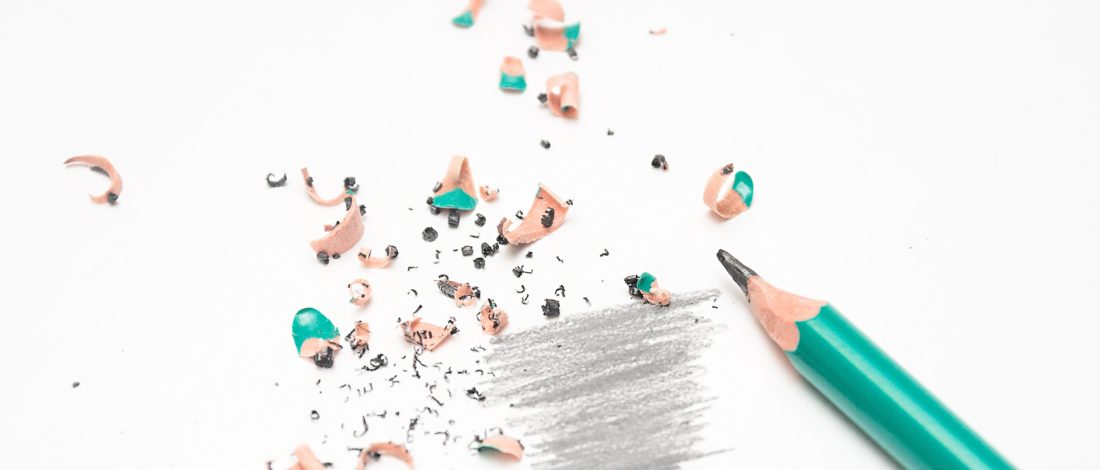When I was in high school, I drew a portrait for an art assignment. I worked on that portrait for weeks. When I received the graded drawing, I was disappointed to see that I did not receive full points (gasp!) and should have increased the contrast for full effect. “A simple fix,” I thought. “I can do that this summer and proudly display it on my wall.” The project stayed in my to-do list for years. Thirteen years later, my wall is blank, the face is still missing an eye, and the contrast remains lacking.
This trend is nothing new for me. I’m currently re-sewing a kimono I made in 2008. I’ve even gone back and done slight edits in elementary school diary entries. For being obsessed with history and preserving documents in time, I rarely take my own advice. I like to think that I’m able to learn something from my past mistakes and am better creatively for trying to produce a product I can stand behind. Generally, if I was pleased with the product at the time it was created I let it be. But if I have regret about the outcome, nothing is sacred.
In college, I wrote a dreadful historical fiction short story for my senior thesis project. The story suffered from confused characters, non-existent themes, and shoddy research — among a host of other problems. When I thought back on every element of that short story that I wrote for my history degree, I was ashamed. I knew I could do better than that. My story deserved better than that. So after a few years I dragged it out, dusted it off and got to work again. Six years after the fact, that project became my debut novel, Cacophony.
As writers, we must look forward to the next project at some point. Progress demands new ideas, and staying mired in the same topic for decades is no way to develop your skills; however, I do find there is merit in taking things slowly and using your acquired knowledge to revive worthwhile ideas. Old projects should not be something you’re ashamed of–rather, they can be an opportunity to prove to everyone, including yourself, that you are capable of something better. If the idea is sound enough, it deserves to be presented in the best way.
In the end, if the idea moves me, I never let it truly die. It stays with me until I have the skills and ambition to do justice to the project. Sometimes, it stays a regret where I only learn from the experience… but if it needles at me long enough, I may pick it up and try to improve it. Either way, I learn from my not-quite-successes.


